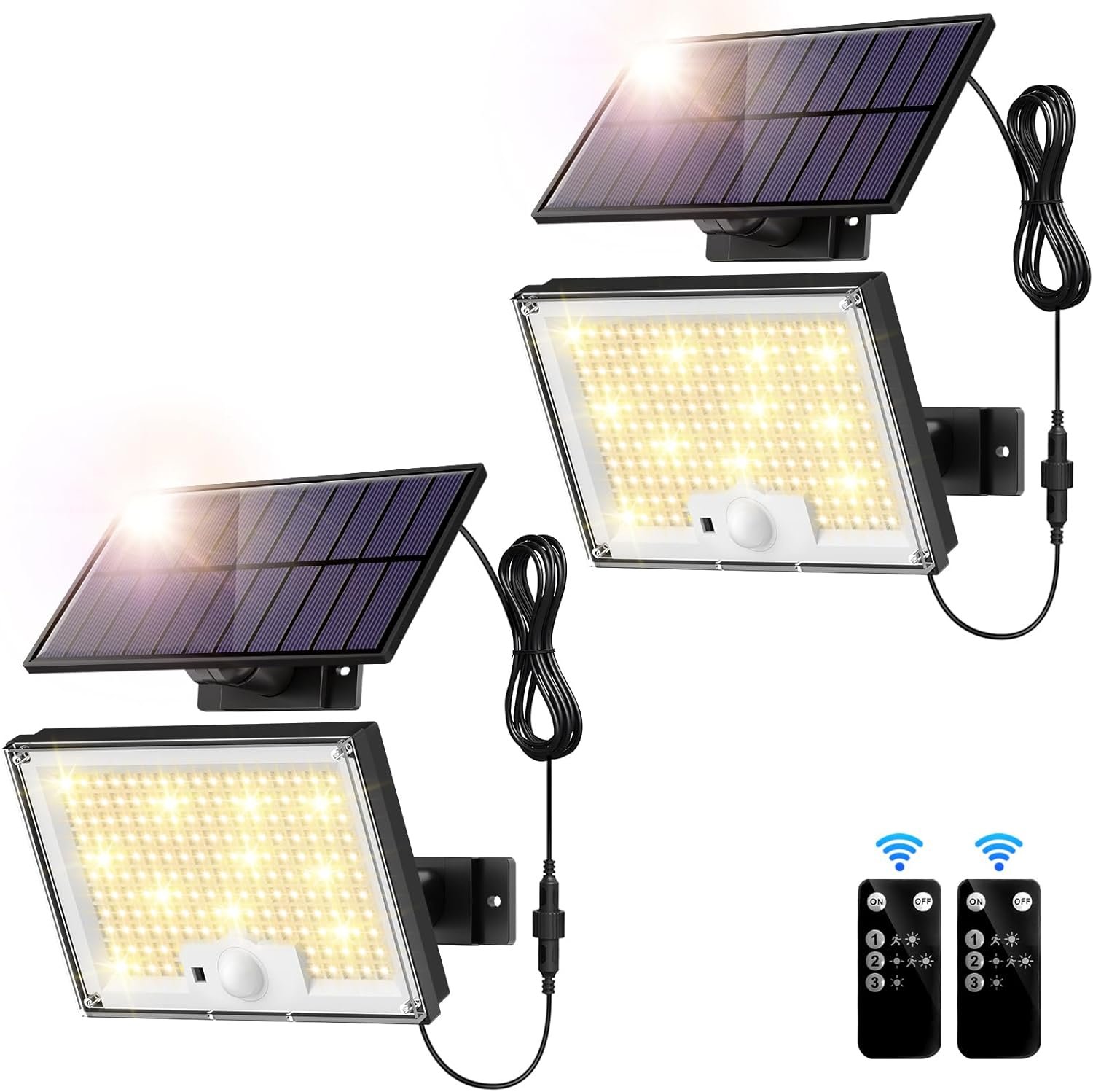Selecting the right solar lights can make a significant difference in enhancing energy efficiency, reducing operational costs, and improving the aesthetics and safety of your property. Whether for residential, commercial, or industrial use, understanding the essential factors to consider when choosing solar lights helps you make an informed decision. With the growing demand for renewable energy in Nigeria and beyond, investing in the right solar lights ensures long-term performance and value.
Identify Your Lighting Purpose
The first step in choosing the right solar lights is identifying their intended purpose. For decorative purposes, such as garden paths or patios, low-lumen lights provide subtle illumination. Security lighting, on the other hand, requires high-lumen output for maximum brightness and coverage. Consider whether you need solar lights for pathways, driveways, industrial zones, or outdoor landscapes. Understanding your specific needs helps narrow down the best options for your environment.
Evaluate Solar Panel Efficiency
The efficiency of solar panels directly impacts how much sunlight is converted into electrical energy. Monocrystalline solar panels are the most efficient and perform well in low-light conditions, making them ideal for areas with limited sunlight. Polycrystalline panels offer a balance between performance and affordability. Ensure the panel type aligns with the amount of sunlight your location receives daily. High-efficiency panels guarantee faster charging and more extended illumination periods.
Consider Battery Capacity and Performance
Battery capacity determines how long your solar lights will function after sunset. Lithium-ion batteries are the preferred choice due to their superior energy storage, longer lifespan, and faster charging times. Nickel-metal hydride (NiMH) batteries are also reliable and environmentally friendly. When choosing solar lights, look for models with higher milliampere-hour (mAh) ratings, as they provide longer illumination. For areas requiring all-night lighting, prioritize solar lights with robust battery performance.
Assess Brightness and Light Output
Brightness is measured in lumens and varies depending on the type of solar light. For decorative and ambient lighting, 100 to 300 lumens is sufficient. Security lights and industrial applications require 700 to 1500 lumens for broader illumination and safety. Ensure the light output corresponds with your intended use. Many modern solar lights come with adjustable brightness levels, offering flexibility in various environments.
Examine Weather Resistance and Durability
Outdoor solar lights are exposed to different weather conditions, making durability a critical factor. Check the Ingress Protection (IP) rating to determine resistance to dust, moisture, and water. An IP65 rating is suitable for general outdoor use, while an IP67 rating offers better protection in extreme conditions. Materials like stainless steel or UV-resistant plastics enhance durability and prevent damage from environmental exposure.
Check Charging and Runtime Efficiency
Efficient charging and extended runtime are crucial for reliable performance. High-quality solar lights typically charge fully within 6 to 8 hours of direct sunlight and provide illumination for 8 to 12 hours. Consider models with larger solar panels and high-capacity batteries for regions with inconsistent sunlight. Efficient solar lights offer consistent performance and reduce the risk of power failure.
Explore Advanced Features
Modern solar lights come equipped with advanced features for enhanced functionality. Motion sensors activate bright lighting when movement is detected, providing security and energy conservation. Automatic light sensors switch the lights on at dusk and off at dawn, ensuring energy efficiency. Some models include remote controls and adjustable brightness settings for greater convenience. Evaluate these features based on your specific requirements to maximize utility.
Installation and Maintenance Considerations
Ease of installation is another key factor when choosing solar lights. Most models are designed for easy DIY installation without complex wiring. Ensure the product comes with clear instructions and necessary mounting hardware. Regular maintenance involves cleaning the solar panel to maintain efficiency and periodically checking battery health. Select models with replaceable batteries to extend the lifespan of your solar lights.
Compare Costs and Long-Term Value
While affordability is important, prioritize long-term value when investing in solar lights. High-quality models with advanced features may have a higher initial cost but deliver superior performance and durability over time. Compare product warranties, specifications, and customer reviews to ensure you get the best return on your investment. Focus on lights that offer both affordability and long-lasting value.
Choose Reputable Brands and Reliable Support
Selecting solar lights from reputable manufacturers ensures quality and reliable customer support. Look for products backed by at least a one-year warranty. Premium models may offer extended warranties of up to five years, providing greater peace of mind. Reliable brands also offer customer assistance for troubleshooting and replacement parts, ensuring long-term satisfaction.
Conclusion
Choosing the right solar lights requires careful consideration of factors such as panel efficiency, battery capacity, brightness, durability, and advanced features. By understanding these aspects, you can invest in solar lights that provide consistent illumination, reduce energy costs, and support sustainable living.
Stay updated on the latest solar innovations and expert insights by signing up on epci.ng to explore cutting-edge solutions for energy efficiency and industrial technology.







Leave feedback about this